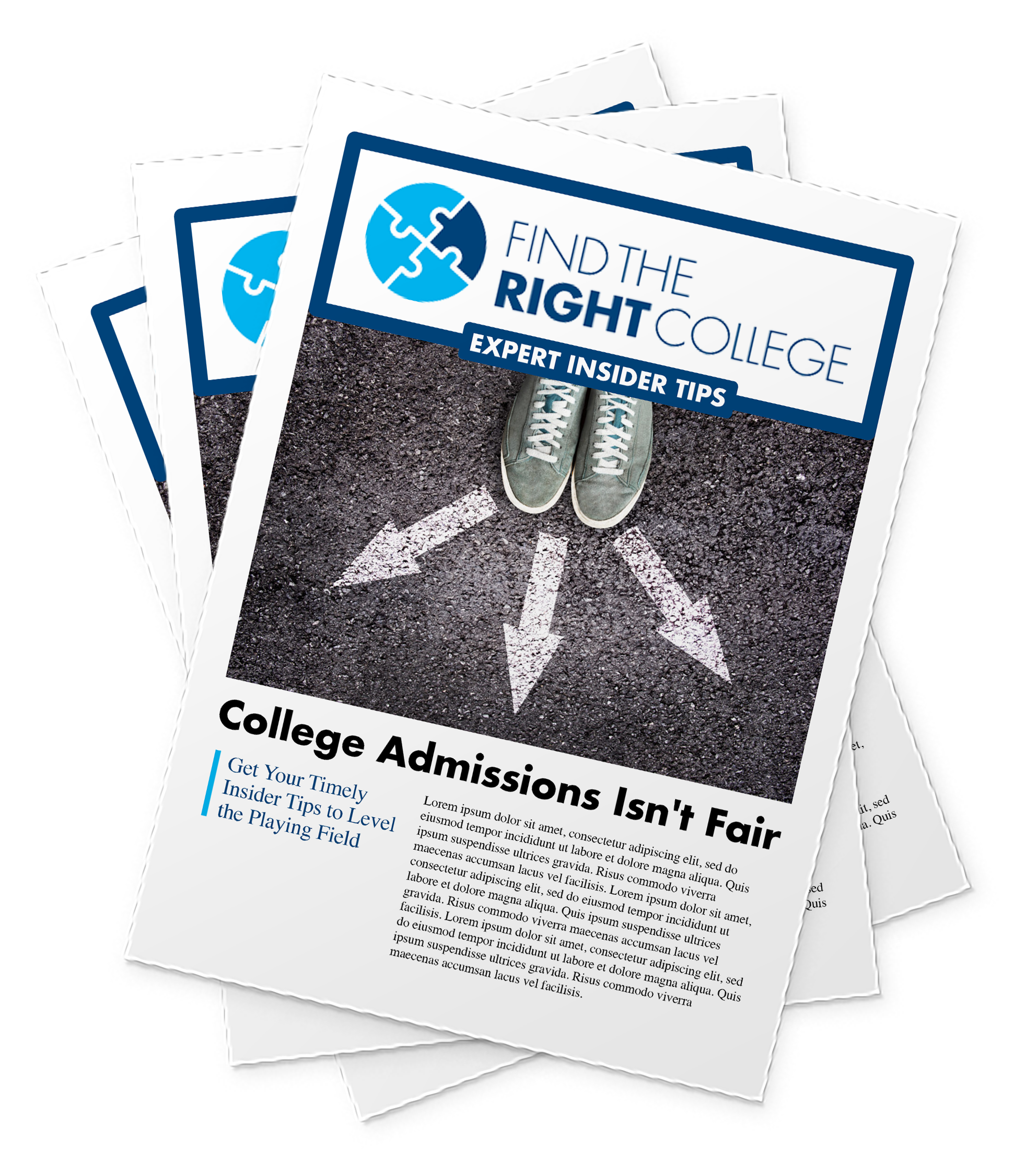Note: This is the first post in our Starting Your College Search series. Read Part 2: Do A Critical Review of Your 5 Key Application Components and Part 3: Plan Your Standardized Testing and College Visits.
In my years as a school counselor, I witnessed a lot of problems that could have been avoided through purposeful and open communication between parents and students. Communication doesn’t always come easily in the teen years. But don’t let that discourage you. Give it a shot! It’s worth the work breaking through barriers to get on the same page. In my experience, most teens and parents still love each other a great deal and even enjoy the process of working together towards an important goal.
If you are ready to sit down together this January and make a plan, here are three tips to help facilitate that conversation.
1. Set a Specific Time or Occasion to Talk and Agree On That Time
The biggest complaint I hear from students is that parents won’t stop bugging them about college, when they feel they are working hard. On the other side, parents feel in the dark about what is happening and just want a bit more communication to feel good about important things getting done.
So set a specific time to talk. (In my work with families, I typically recommend this strategy throughout the college search and application process.) Agreeing on a meeting time together helps students feel like they have some say and haven’t been blindsided, and helps parents not nag once the time is set. For example, if little sibling has soccer and is gone from the house next Saturday at 10:00am, identify that as a time you can all focus only on this task.
Setting a specific time to talk about college-related matters takes pressure off other times and frees everyone up to enjoy family dinners, sporting events, and other occasions that sometimes get clouded by the college process.
2. Be As Honest As You Can With Yourself and With Your Parent/Child
I have counseled hundreds of families through the college process, and the families who start off with honesty, even if it’s difficult honesty, always end up happiest. Probably the area that causes the most difficulty in my experiences has been talking about MONEY. Many parents don’t want to talk to their teens about the financial status of the family, for one reason or another.
Yet failing to tell students what options are financially possible leaves them feeling confused and less focused on what needs to be done. Other common scenarios I have seen through the years involve students not telling parents what they really want to do out of fear of disappointing them; divorced parents not communicating well (or at all) with each other; and both adults and teens hiding how a part of the process made them feel (pressured, left out, sad, etc). Honest and effective family communication can go so, so far towards identifying the right college goals for your situation and generating great options, because you are working together as a team!
3. Embrace Conflict… and Humor :0)
In my graduate work, the professor of my Adolescent Psychology class said something I never forgot – “If your teen is fighting with you, that’s a good thing.” He went on to explain that conflict is a healthy form of individuation, which is the job of adolescence and early adulthood.
So, parents who stick with their teens through arguments, and teens who are fighting with their parents (at a healthy level) are actually in productive, growing relationship. Each year, I relive the emotional intensity of the college process with families, and I know it can be exhausting!
Prepare yourself for, and welcome, opportunities to disagree, hear each other’s perspectives, and fight it out ‘til the end, where you can reach mutual resolution. It will take energy and good listening and a lot of love. I’ve seen so many families do it that I believe overwhelmingly in the power of parents and children to love and help each other through this time.
Finally, one of my favorite tools for navigating emotional intensity is humor – don’t forget to have a laugh when the opportunity arises, even at your own expense!
Nicole has dedicated the entirety of her 20 year career to encouraging higher education opportunities. After graduating from Vanderbilt, she worked in her alma mater’s admissions office. The, she completed her PhD in Counseling so she could bring that expertise into college counseling. Nicole partnered with her former Vanderbilt colleague, Fitz Totten, to form Find The Right College and support their mission to make trustworthy advising more accessible.



